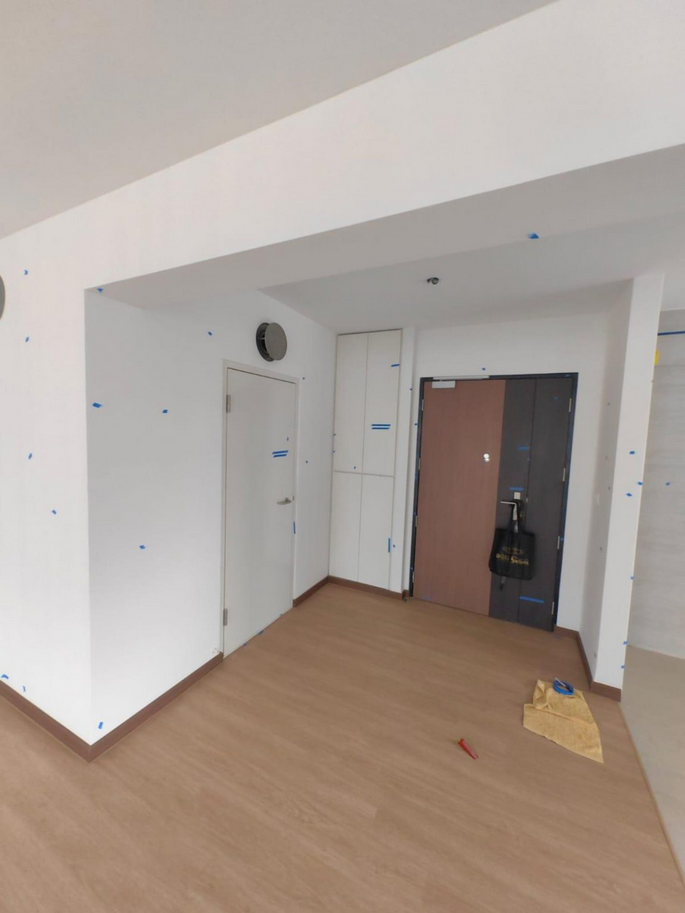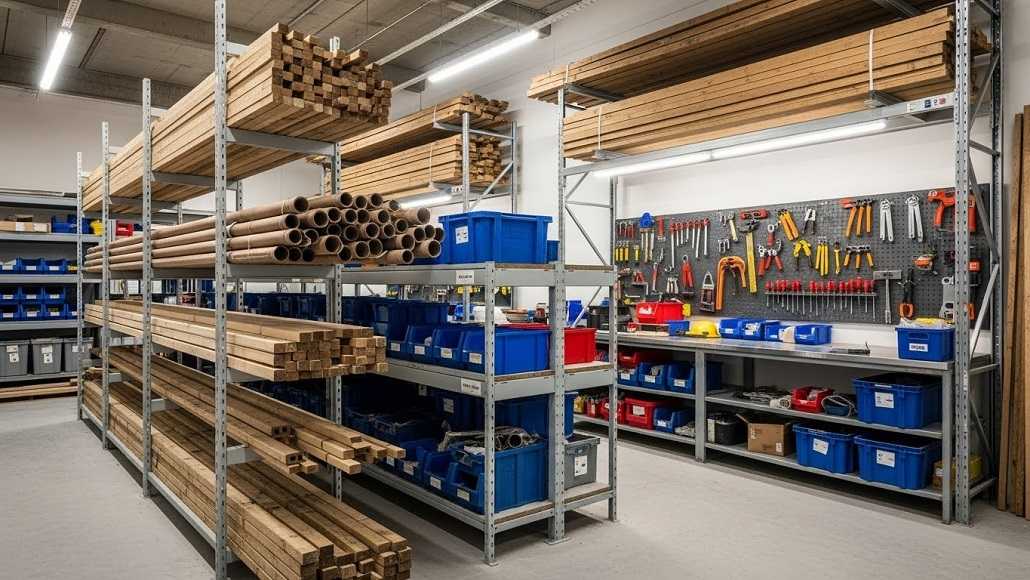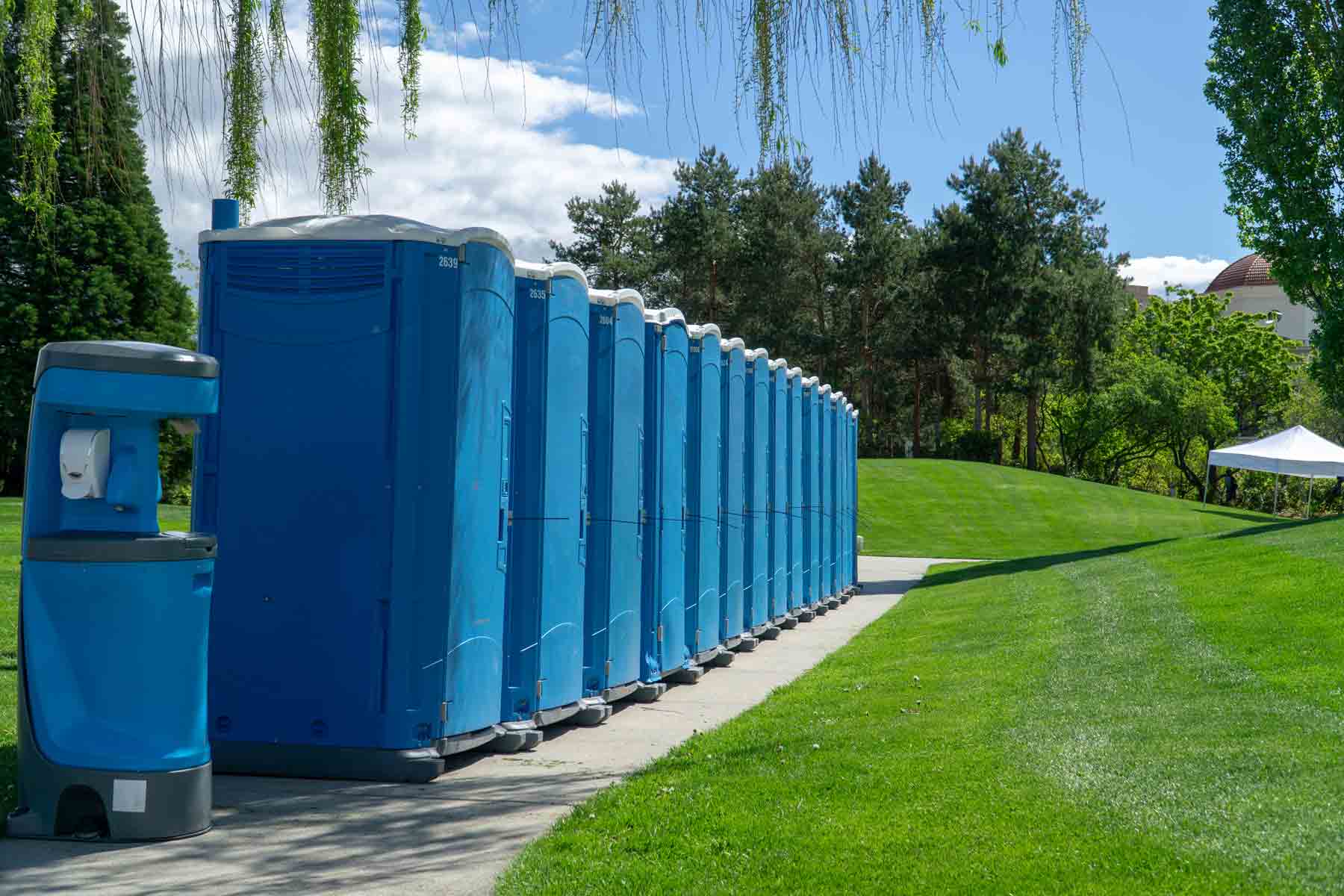When purchasing or maintaining property, having the right defects inspector is crucial to ensuring your investment’s quality, safety, and long-term value.
A defects inspector’s expertise can prevent costly repairs, identify safety hazards, and accurately assess your property. Here’s a guide on what to look for and the steps to find the ideal defects inspector for your needs.
- Verify Their Qualifications And Certification
The first step in finding a competent defects inspector, advises the BHB Real Estate Management experts, is ensuring they possess the necessary qualifications and certifications.
A certified inspector complies with industry standards and is trained to conduct thorough inspections. Key qualifications to look for include:
- Professional Training: Many countries require inspectors to undergo formal training programs. Ensure your inspector has completed relevant courses and has a solid understanding of local building codes.
- Certification: Certification from reputable organizations (such as the International Association of Certified Home Inspectors or the American Society of Home Inspectors) often reflects their commitment to quality and professional development.
- Licensing: Some regions require defects inspectors to hold licenses. Verify that your inspector’s license is up-to-date and applicable to your region.
- Look For Industry-Specific Experience
Experience in inspecting properties similar to yours is invaluable. For instance, commercial buildings have different standards and regulations than residential properties, and historic buildings require unique knowledge of preservation techniques. When vetting a defects inspector, ask about:
- Relevant Experience: How long have they been inspecting properties, and what types of properties do they specialize in?
- Experience with Common Issues: A seasoned inspector has likely seen common and uncommon defects, making them adept at spotting potential issues before they become problems.
An experienced defects inspector should be comfortable identifying common issues like foundational cracks, leaks, structural problems, electrical hazards, and HVAC inefficiencies. Depending on your area, they should also be aware of location-specific issues, such as flood or earthquake risk.
- Seek Recommendations And Read Reviews
Personal recommendations from trusted friends, family members, or colleagues can be invaluable when searching for a reliable condo defect inspection service.
Similarly, online reviews provide insights into an inspector’s reputation, reliability, and quality of work. Consider:
- Local Real Estate Agents: Agents often have inspectors they trust and work with regularly.
- Client Reviews: Online reviews on platforms like Google, Yelp, and the inspector’s website can provide unbiased information about previous clients’ experiences.
- Industry Referrals: Builders, contractors, and architects may have worked with various inspectors and can offer recommendations based on firsthand knowledge of the inspector’s skill set.
- Evaluate Their Inspection Process And Tools
A good defects inspector should be transparent about their process and tools. This clarity ensures you understand what you’re paying for and the thoroughness of the inspection. Key aspects to discuss include:
- Detailed Checklist: The inspector should follow a systematic process that covers all property aspects, including the foundation, structure, electrical systems, plumbing, insulation, and exterior.
- Advanced Tools: Tools like infrared cameras, moisture meters, and drone technology can enhance the inspector’s ability to detect hidden defects.
- Scope of the Inspection: Confirm what is included in the inspection and whether they will provide a comprehensive report detailing their findings.
Ask if the inspector will perform a walkthrough with you after completing the inspection. This allows you to ask questions and clarify areas of concern, ensuring you understand potential risks.
- Review Sample Reports
A professional defects inspector should provide a clear, detailed report of their findings, with descriptions, photographs, and explanations for each identified defect.
Reviewing sample reports can help you gauge their communication skills and attention to detail. When examining sample reports, consider:
- Clarity: Look for a well-organized, easy-to-read format that explains technical issues clearly.
- Photographic Evidence: High-quality photographs that capture the defect areas can provide a clearer understanding.
- Recommendations: A thorough report should offer specific suggestions for addressing each defect, whether a minor issue or a significant repair.
- Discuss Pricing And Get Multiple Quotes
Pricing for a defects inspection can vary based on factors like property size, type, and the inspector’s expertise. While budget is essential, the cheapest option is only sometimes the best.
Instead, prioritize value for money by comparing several quotes and evaluating what each inspector offers. Key considerations include:
- What’s Included: Confirm whether the quote includes all areas you want inspected and if any additional services are charged separately.
- Value for Money: A slightly more expensive inspector with a strong reputation and experience may be worth the investment.
- Flexibility: Some inspectors offer packages or optional add-ons. Discuss these options to ensure you get a service that fits your needs and budget.
- Check Insurance And Liability Coverage
Defect inspections involve certain liabilities, and a good inspector will carry insurance to cover them. Ensuring your inspector has valid insurance can protect you in case of errors or omissions in the inspection process. Look for:
- General Liability Insurance covers any property damage or bodily injury caused during the inspection.
- Professional Liability Insurance (Errors and Omissions Insurance): This protects you if the inspector overlooks a significant defect that later requires costly repairs.
- Assess Communication Skills
Clear, open communication is essential in the inspection process. A good inspector should be approachable, able to explain complex issues in layman’s terms, and willing to answer questions. Pay attention to:
- Initial Contact: Are they responsive to calls or emails? Promptness and professionalism in initial interactions indicate their overall approach to service.
- Willingness to Educate: A great inspector doesn’t just identify defects; they explain them, helping you understand how each issue impacts your property.
- Openness to Questions: An inspector who encourages questions is more likely to provide a comprehensive inspection and report.
- Ensure Post-Inspection Support
Finally, a reliable defects inspector should provide support after the inspection. This may involve clarifying items in the report, assisting with prioritizing repairs or recommending trusted contractors. Post-inspection support can save you time and ensure you take the proper steps to protect your property.
Conclusion
Finding the right defects inspector is essential in property maintenance or acquisition.
By verifying their qualifications, industry experience, inspection process, and communication skills, you can secure an inspector who identifies property issues and equips you with the knowledge to address them.
Finding a reliable inspector can offer peace of mind and safeguard your investment in the long run.
With A1Inspection, clients gain more than just an inspection—they gain a partner dedicated to safeguarding their property and investment. Comprehensive services, cutting-edge technology, transparent pricing, and expert guidance make A1Inspection a top choice for anyone seeking a trustworthy and thorough defects inspection.





